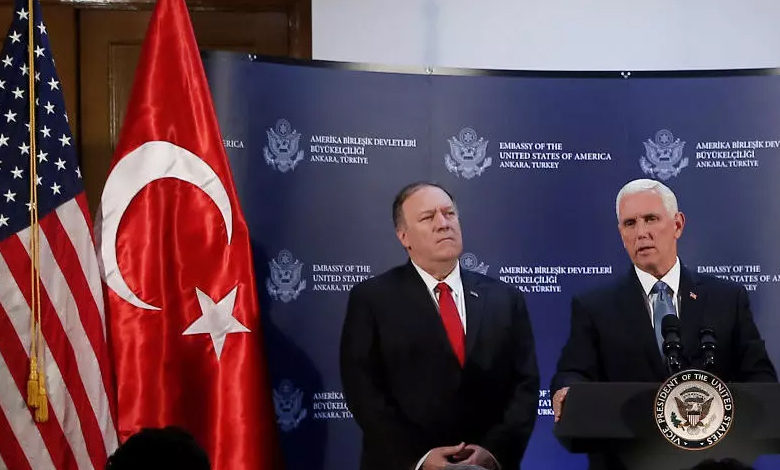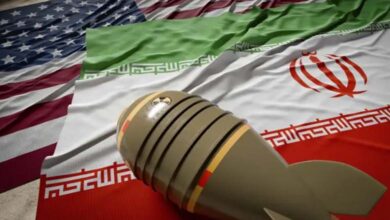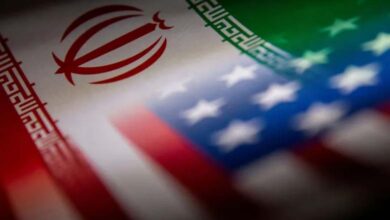Ankara – Washington … deepening cracks

Since Joe Biden’s arrival at the White House, Turkey has consistently said that it is seeking to improve relations with the United States.
It is in the process of reviewing its policy, in order to restore the warmth between the two sides, but the recent statements of President Erdoğan against President Biden on the impact of the recent confrontation between Israel, Hamas and the rest of the Palestinian factions in the Gaza Strip, especially his statement that “Biden’s hands are stained with blood,” and then Washington’s response that Erdogan’s statements are anti-Semitic and condemned by the American State Department, has triggered a crisis between the two sides in the form of statements and mutual accusations that have deepened the cracks in the already tense relations between the two countries, as Turkey’s usual accusations of Washington of being behind the alleged attempted coup in 2016. Erdoğan’s sensitivity comes from being a few weeks before the scheduled meeting between Erdogan and Biden at the NATO summit in Brussels next month, which has led many Turkish politicians to ask Erdogan to ask. How can Erdoğan, how can Erdoğan? It is a question that has stirred up a lot of controversy in the Turkish arena, between those who saw it as part of a bidding style that Erdoğan is very good at talking about the Palestinian issue, and those who saw it as irresponsible statements that will push the Turkish-American relations towards further tension in the face of the disputes between them over the S-400 missile system, the F-35 fighter jets, the tension in the Eastern Mediterranean, and the American support for the Kurds of Syria. Resolving these differences at the meeting table between Erdoğan and Biden in Brussels and starting a new positive phase requires, according to observers, a new language other than that Erdoğan spoke, which has reached the point of his personal attack on President Biden, and these accusations have increased the level of fear and anxiety among Turks about the future relationship with the new American administration.
The recent American-Turkish dispute over the status of the confrontation between Israel and Hamas revealed a difference in the angle of dealing with the Israeli-Palestinian conflict between the American approach, which followed a quiet diplomacy to stop the escalation through cooperation with Egypt, the Arab Gulf countries and Israel. This was what President Biden praised in his speech following a ceasefire agreement, and President Erdoğan’s approach, which is based on incitement, loud voice and accusing Arab countries of negligence of doing nothing to stop and of doing nothing to calm, to do nothing to calm, stability, stability and peace.
Without a doubt, Erdoğan’s recent statements against President Biden have put the relationship between them in the face of new challenges, especially in light of the many differences between the two countries. Perhaps what makes President Biden’s position more difficult is to adopt a policy that will lead to the resolution of differences with Turkey is the size of the projects presented in Congress to impose new sanctions on Turkey in light of Erdoğan’s insistence on rapprochement with Russian President Putin. This opposition believes that deepening the rift in the Turkish-American relationship will only increase Erdoğan’s wounds and problems, and perhaps what Erdoğan hopes to do when he meets Biden in Brussels is not to remind him of what Erdoğan said about his blood-stained hands.












